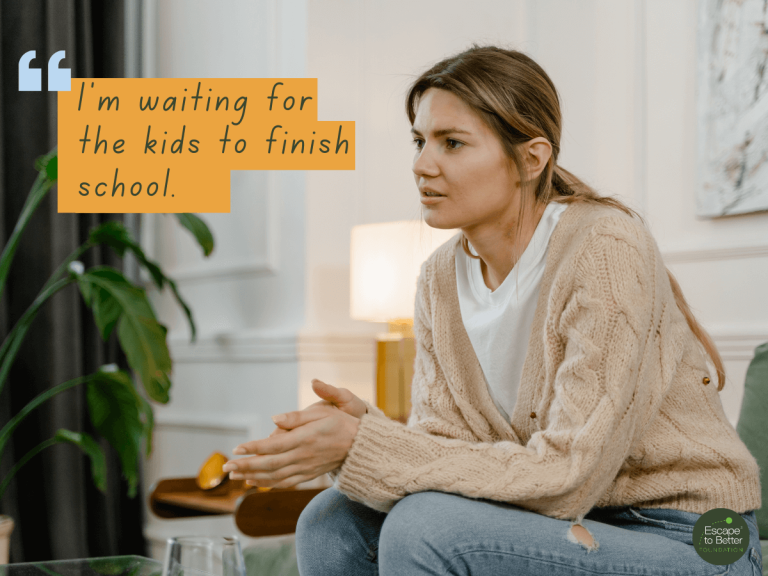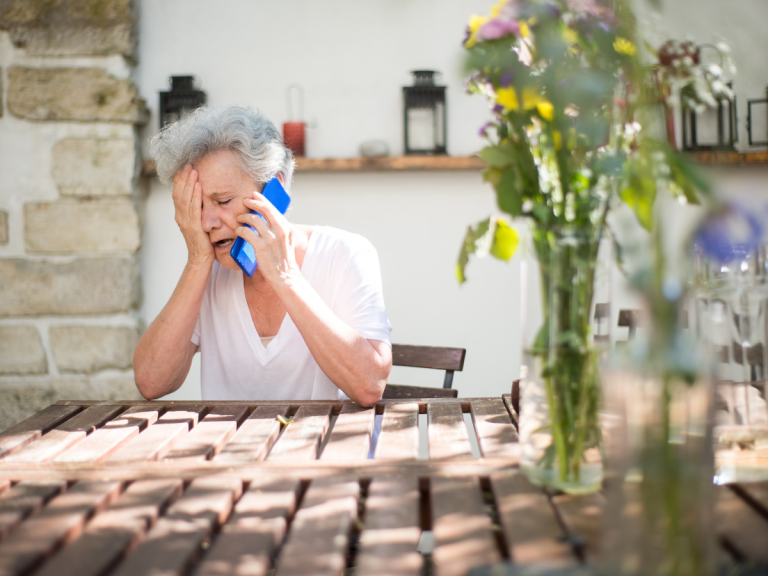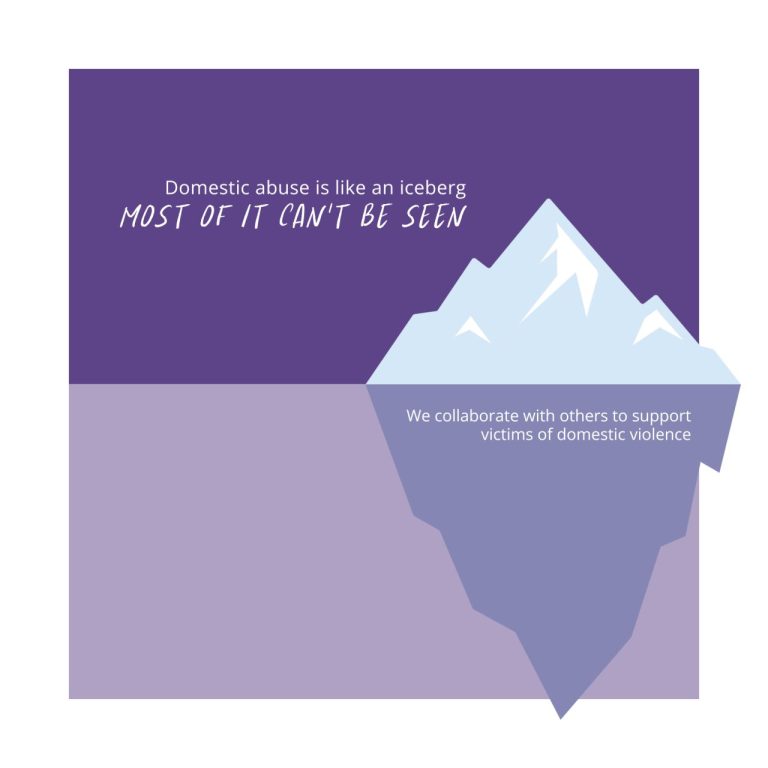The party season has started with all the joy and fun catch-ups that make this time of year special. It’s also a great time to discreetly check-in with people you may not have seen for a while. In particular, we ask you to be watchful for signs of abuse or domestic violence because isolation from friends and family is one of the tactics abusers use to isolate and control their victims.
What are some common signs of abuse or domestic violence?
In simple terms, the most significant signs of abuse or domestic violence will often be discrete because neither the victim nor the abuser want it publicly known. Our general guide is to be aware of actions that seem slightly off “normal”. The sort of thing you may think, “That’s odd!” and then move on. It could be as subtle as:
- A facial expression directed across the room that changes the demeanour of another person
- Body language where a suspected victim of abuse appears to back away slightly or “shrink” when their partner joins the group
- Or perhaps the person you are chatting with becomes silent when their partner comes over to participate in the conversation
More obvious signs of abuse could be physical harm like bruises, cuts, burn marks, sprains or broken bones where the cause of the injury seems a bit vague.
Another sign is discussions about large purchases where one of the partners says they weren’t consulted or they were surprised to hear about the purchase.
How do you help?
Perpetrators of abuse rely on their victims’ silence and often, the victims may not be ready or have the words to talk about their situation. That’s why we recommend you take a gentle approach.
We suggest you follow this 4 step process:
- Find a time to be alone with the person you suspect could be living in an abusive relationship. For women it could be going to the toilet at the same time.
- Start the conversation by identifying the behaviour you saw. For example, you might say, “I noticed you became quiet when [insert partner’s name] joined our conversation”.
- Follow up with a question like, “Is everything ok?”
- Be prepared for the conversation to be shutdown. That’s a sign that you got it wrong OR the victim isn’t ready or able to discuss their situation with you. But if they do talk, listen carefully to everything they are saying. Ask them if there is anything they would like you to do to help them. Offer suggestions if they feel stuck but never take control of their situation. Their abuser already controls their actions so you need to position yourself as someone who will give them support and empower them to regain control of their life.
Want more advice on how you can support a friend or family member living in an abusive relationship?
Visit our Resources page and open our guide on What to do & say if someone tells you they are being abused?





